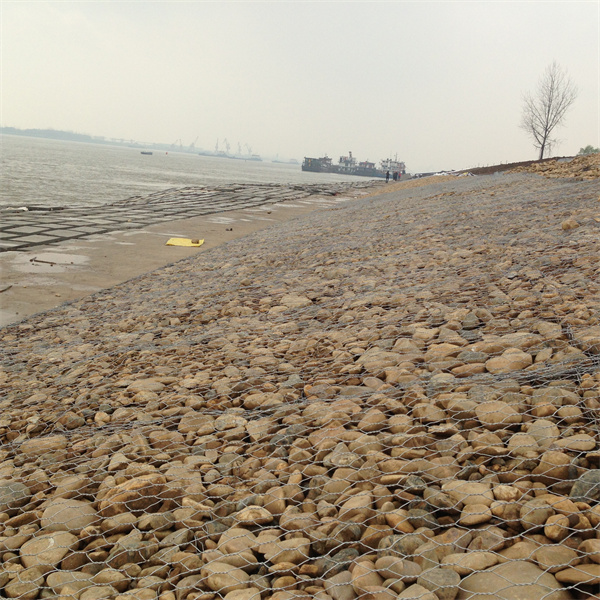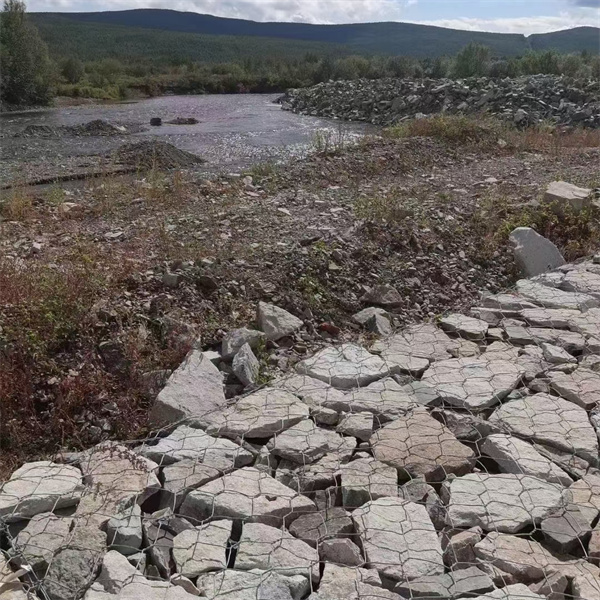May . 10, 2025 03:32 Back to list
Durable Stone Cage Net Suppliers High-Strength Gabion Solutions
- Market Growth and Data Insights
- Technical Advantages of Modern Stone Cage Nets
- Supplier Comparison: Key Metrics and Performance
- Custom Solutions for Diverse Applications
- Case Studies: Real-World Applications
- Quality Assurance and Compliance Standards
- Partnering with Reliable Stone Cage Net Factories

(stone cage net)
Understanding the Role of Stone Cage Nets in Infrastructure
Stone cage nets, also known as gabion mesh systems, have become indispensable in erosion control, slope stabilization, and hydraulic engineering. Global demand surged by 18% from 2020 to 2023, driven by infrastructure investments in flood-prone regions. These modular structures combine durability with environmental adaptability, offering a cost-effective alternative to rigid concrete barriers.
Market Growth and Data Insights
The global stone cage net
market is projected to reach $2.7 billion by 2028, growing at a CAGR of 6.4%. Key drivers include:
- 75% of civil engineers prioritize flexible erosion solutions
- 40% reduction in project costs compared to traditional methods
- 12-25 year lifespan with minimal maintenance
Technical Advantages of Modern Stone Cage Nets
Advanced manufacturing techniques enable:
- Material Innovation: Triple-layer galvanized coatings (250-400 g/m²)
- Load Capacity: Up to 50 kN/m² tensile strength
- Modular Design: 2x1x1m standard units with ±5mm dimensional tolerance
Supplier Comparison: Key Metrics and Performance
| Parameter | Factory A | Factory B | Factory C |
|---|---|---|---|
| Production Capacity | 12,000 units/month | 8,500 units/month | 15,000 units/month |
| ISO Certification | 9001, 14001 | 9001 | 9001, 45001 |
| Lead Time | 15-20 days | 25-30 days | 10-12 days |
Custom Solutions for Diverse Applications
Leading stone cage net suppliers offer tailored configurations:
- Mesh sizes: 60x80mm to 120x150mm
- Wire diameters: 2.0mm to 4.0mm
- Specialized coatings: PVC, Galfan, or polymer blends
Case Studies: Real-World Applications
Project: Coastal Reinforcement, Netherlands (2022)
Solution: 8,000 units of 100x120mm PVC-coated nets
Result: 90% erosion reduction during North Sea storms
Partnering with Reliable Stone Cage Net Factories
Top-tier stone cage net factories combine automated production (85% efficiency rate) with rigorous quality checks. Prioritize suppliers offering:
- Third-party material certification
- On-site technical support
- 15-year structural warranties

(stone cage net)
FAQS on stone cage net
Q: What materials are used in manufacturing stone cage nets?
A: Stone cage nets are typically made from galvanized steel or PVC-coated wire for durability and corrosion resistance. These materials ensure longevity in harsh environmental conditions. High-quality suppliers often adhere to international standards like ASTM or EN.
Q: What applications are stone cage nets commonly used for?
A: Stone cage nets are widely used in slope protection, retaining walls, and flood control. They also serve as erosion barriers in civil engineering projects. Factories often customize designs for specific project requirements.
Q: How to choose reliable stone cage net suppliers?
A: Prioritize suppliers with certifications (e.g., ISO 9001) and proven industry experience. Evaluate their production capacity, material quality, and client testimonials. Reputable factories often provide samples and project case studies.
Q: What quality checks do stone cage net factories perform?
A: Factories conduct tensile strength tests, coating adhesion checks, and mesh uniformity inspections. Third-party audits and compliance with ASTM A975 or EN 10223-3 standards are common. Quality control ensures load-bearing capacity and structural integrity.
Q: Can stone cage nets be customized for specific projects?
A: Yes, most factories offer customization in mesh size, wire diameter, and cage dimensions. Special coatings or materials can be added for extreme environments. Suppliers typically work with engineers to meet technical specifications.
-
Visualizing Gabion 3D Integration in Urban Landscapes with Rendering
NewsJul.23,2025
-
The Design and Sustainability of Gabion Wire Mesh Panels
NewsJul.23,2025
-
The Acoustic Performance of Gabion Sound Barriers in Urban Environments
NewsJul.23,2025
-
Mastering the Installation of Galvanized Gabion Structures
NewsJul.23,2025
-
Gabion Boxes: Pioneering Sustainable Infrastructure Across the Globe
NewsJul.23,2025
-
Custom PVC Coated Gabion Boxes for Aesthetic Excellence
NewsJul.23,2025
-
Installation Tips for Gabion Wire Baskets in Erosion Control Projects
NewsJul.21,2025






